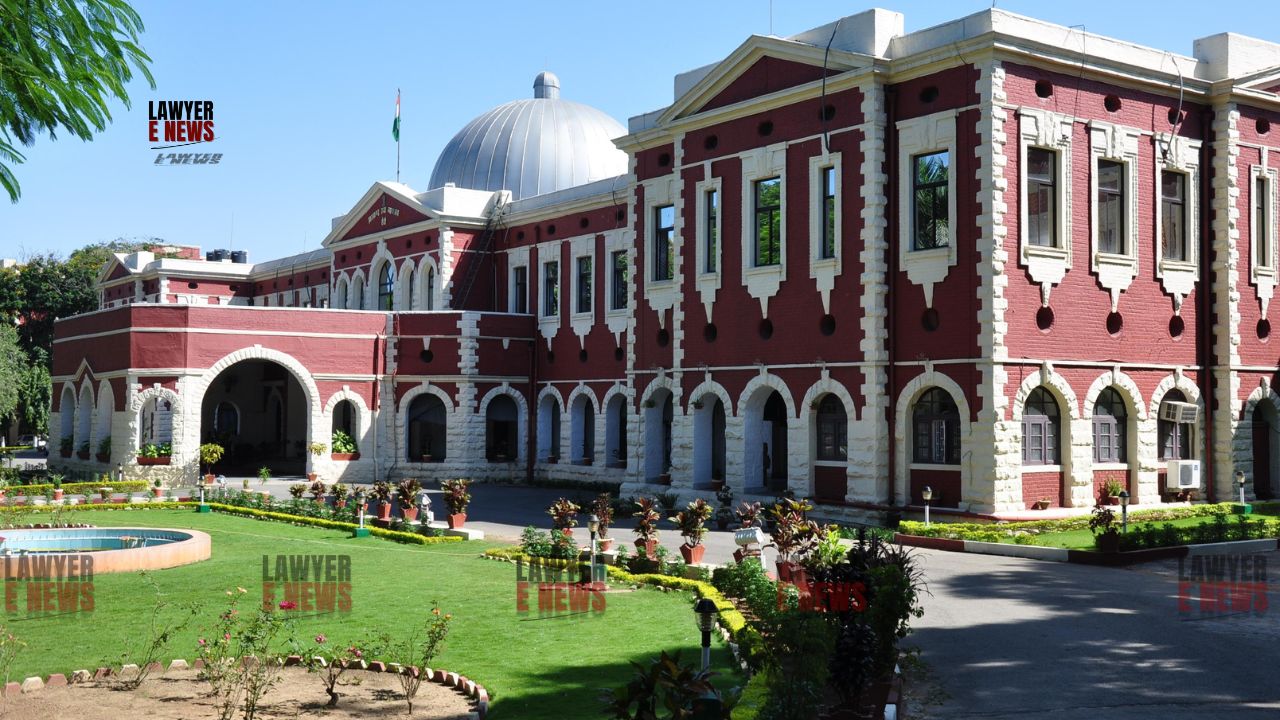-
by Admin
15 February 2026 2:36 AM



In a critical judgment delivered on September 9, 2024, the High Court of Jharkhand acquitted Sukhram Bhakat, who had been sentenced to life imprisonment for the 2012 murder of Suchan Bhakat, where the victim was beheaded. The court found substantial inconsistencies in witness testimonies and a lack of conclusive evidence tying the accused to the crime, ultimately setting aside the conviction.
The case dates back to October 5, 2012, when Suchan Bhakat was allegedly murdered by Sukhram Bhakat in East Singhbhum, Jharkhand. According to the Fardbeyan of the informant, Lakhi Pad Bhakat (the victim's son), Suchan was killed following a property dispute, and witnesses claimed to have seen Sukhram with a blood-stained chopper at the scene of the crime.
Sukhram was subsequently arrested and charged with murder under Section 302 of the Indian Penal Code (IPC). The Additional Sessions Court, East Singhbhum, found Sukhram guilty and sentenced him to life imprisonment in August 2015. Sukhram appealed the conviction, arguing that the evidence presented against him was insufficient and unreliable.
The appeal was heard by a division bench consisting of Justices Rongon Mukhopadhyay and Deepak Roshan. In their judgment, the court carefully examined the testimonies of the key witnesses and the forensic evidence presented by the prosecution. The court concluded that the prosecution had failed to establish Sukhram’s guilt beyond a reasonable doubt.
Inconsistent Testimonies from Eyewitnesses: The prosecution’s case heavily relied on the testimonies of P.W. 1 (the victim's wife, Kavita Bhakat) and P.W. 6 (the victim’s brother, Budheshwar Bhakat), both of whom claimed to be eyewitnesses. However, their accounts were inconsistent. During the trial, it was revealed that they had not mentioned witnessing the murder during their initial statements to the police, casting doubt on their credibility.
Additionally, P.W. 2 (Shankar Pramanik), another key witness, claimed to have seen Sukhram standing near the body with a chopper, but he also failed to mention this detail in his police statement. The court held that these discrepancies severely undermined the reliability of their testimonies.
Lack of Circumstantial Evidence: The court observed that while a blood-stained chopper was recovered from Sukhram’s home, the prosecution failed to conclusively link the weapon to the crime. The forensic report, which confirmed the presence of human blood on the chopper, was not supported by any other material evidence, such as fingerprints or DNA analysis, to directly connect Sukhram to the murder.
Unclear Motive: Although the prosecution suggested that the murder was motivated by a property dispute, the court noted that none of the witnesses, including P.W. 1, could clearly articulate the reason for enmity between Sukhram and Suchan. The lack of a clear and compelling motive further weakened the prosecution's case.
Failure to Prove Guilt Beyond Reasonable Doubt: The court emphasized that the burden of proof lies with the prosecution and that in a case of circumstantial evidence, each link in the chain must be established with certainty. In this case, the inconsistencies in witness statements and the lack of concrete forensic evidence left significant room for doubt.
In its ruling, the High Court set aside the conviction and sentence of life imprisonment handed down by the trial court in 2015. The court ordered the immediate release of Sukhram Bhakat, who had been in custody since his arrest. This case highlights the critical importance of consistent and corroborated evidence in securing convictions, particularly in cases involving circumstantial evidence.
The decision is expected to influence future cases where witness reliability and forensic evidence are contested, reinforcing the principle that guilt must be proven beyond a reasonable doubt.
Date of Decision: September 9, 2024
Sukhram Bhakat vs. State of Jharkhand
